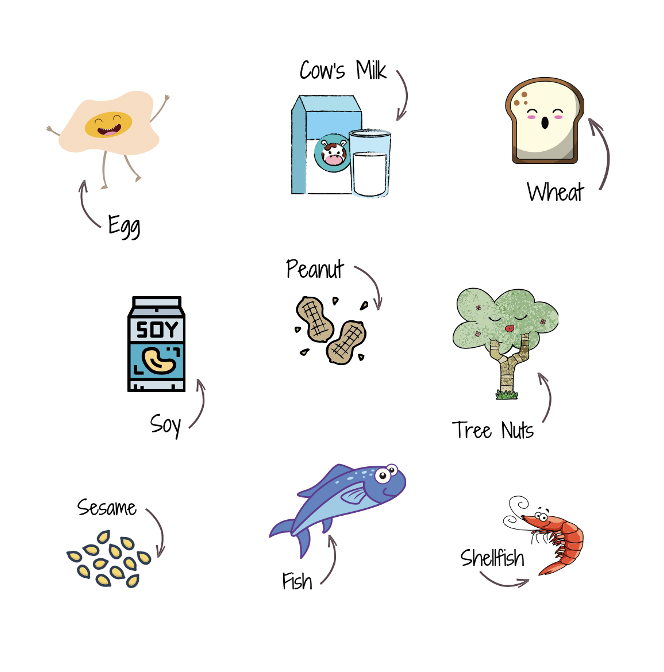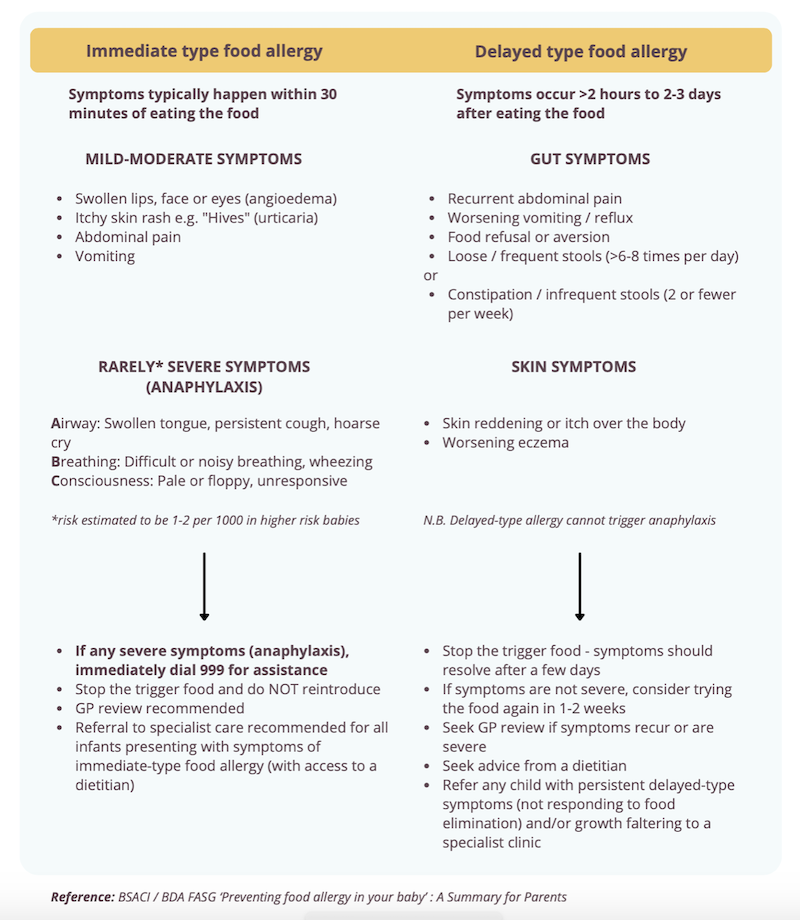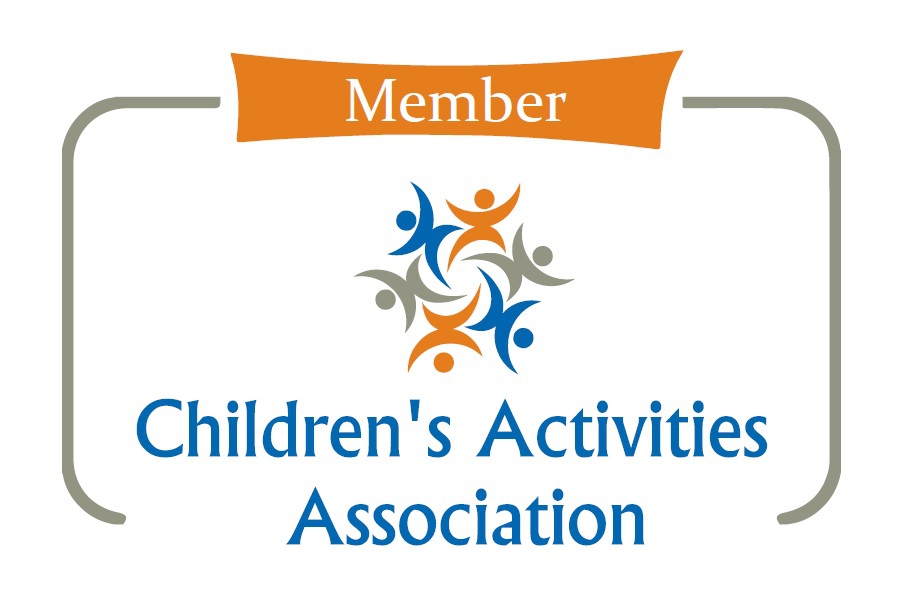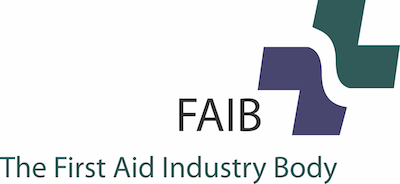This week we have a fantastic guest blog on how to introduce allergens to your baby by Paula Hallam. Paula is a specialist paediatric dietician with 20 years experience in the field, and has previously worked at top children's hospitals including Great Ormond Street and Evelina Children's Hospital in London.
Background
There is a growing body of evidence that introducing food allergens - particularly egg and peanuts - to babies within the first year of life may help prevent allergies to those foods from developing later in life.
In the past it was advised to delay the introduction of common allergenic foods to babies beyond 1 year of age, but this advice has changed based on the latest research findings. It is now advised to not delay the introduction of food allergens beyond 6 months of age and to aim to introduce these foods to babies within the first year of life.
Today, 1 in 12 children under the age of 3 years has a food allergy in the UK, with cow’s milk, egg and peanuts being the most common food allergies in babies. Introducing these allergens during the first year of life may help prevent the development of allergies to these foods later in life.
What are food allergens?
Food allergens are food proteins that have the potential to cause an allergic reaction. Although it is possible to be allergic to any food, there are 9 foods that are responsible for around 90% of all food related allergic reactions.
These are known as the ‘top 9’ food allergens and include:
- Cow’s milk
- Egg
- Peanuts*
- Wheat
- Soya
- Tree nuts*
- Fish
- Shellfish
- Sesame
*as ground nuts or nut butters, NOT whole nuts

Why is it important to introduce allergens to babies? What does the research say?
Research evidence is accumulating that introducing allergenic foods at the same time as other solid foods may protect babies from developing a food allergy.
In the LEAP (learning early about peanuts) study, they introduced peanuts into the diet of babies aged between 4 and 10 months of age, who were considered at high risk of developing peanut allergy, as they had moderate/severe eczema and/or an egg allergy.
In the EAT (enquiring about tolerance) study, they introduced 6 allergenic foods (dairy, egg, wheat, sesame, peanut and cod fish) into the diet of 4 month old babies who were exclusively breastfed and were not considered to be at ‘higher risk’ of developing food allergies.
These studies have shown that:
- Introducing egg and peanut alongside other foods when babies start on solid foods and at least by 12 months of age, may help prevent allergies to these foods.
- Introducing these allergenic foods in the first year of life appears to be safe - there were no adverse effects on growth and nutrition and although some babies were already allergic when a food was introduced, the reactions were mild.
- The way the food allergen is cooked is important - some studies have shown more severe reactions occurred when raw egg was introduced, for example. Always introduce very well-cooked egg to your baby when introducing egg for the first few times.
Is there a specific order to introduce the food allergens?
There is some evidence from research studies that it may be best to introduce (well-cooked) egg first and then peanuts. However, there is no evidence to suggest a specific order in which the other allergens should be introduced after that. You can introduce them in any order that makes sense for your family circumstances.
How do you introduce food allergens?
Below are some general tips for introducing allergens to your baby
- Start with a SMALL amount: The smaller the quantity of food served, the less severe an allergic reaction is likely to be. Start with a small amount such as 1/4 - 1/2 teaspoon and increase gradually over 3-4 days.
- Introduce the new food EARLY in the day so that you can observe your baby for any possible signs of an allergic reaction. Immediate-type allergic reactions usually occur within an hour (and up to 2 hours) of eating the food. If your baby has a delayed allergic response, you may choose to wait a few days before increasing the dose of the allergen.
- Introduce each new food allergen ONE at a time, so that you can spot an allergic reaction if it occurs and you will know which food is responsible.
- Only introduce a new allergen when your baby is WELL with no known infections or teething.
- If your baby has eczema*, ensure that their skin is well managed FIRST before introducing allergens (optimise eczema treatment)
- Once the allergen has been successfully introduced, continue to offer it in their diet REGULARLY (at least once to twice per week)
*if your baby has early onset eczema that is moderate to severe (requiring prescription medications), your baby may benefit from the introduction of (well-cooked) egg and peanut a little earlier, between the age of 4 and 6 months. Please discuss this with a health care professional.
What to do if you think your child is having an allergic reaction

Want to find out more?
If you’d like further evidence-based advice and guidance about how to introduce allergens to your baby when starting solids, check out my 18-page ebook that includes diagrams and photos with examples of exactly how to go about introducing allergens to your baby.
Paula Hallam RD PG Cert
Specialist Paediatric Dietitian
https://tinytotsnutrition.co.uk
@tinytotsnutrition







